 Parent Support of Student Assessments
Parent Support of Student Assessments
This blog is a parallel commentary from the parent perspective on Mary Ann Burke’s January 11, 2022 post “How Students Own Their Learning Assessments” from her series Student Engagement Assessment: Strategies to Empower All Learners.
What Do Student Learning Assessments Look Like?
When a classroom teacher includes student choice for learning assessments, it can take on many different forms. Often times, they will tend to be project-based assessments where students have full control over demonstrating and evaluating their learning. Here are some examples of learning assessments that might be assigned by your child’s teacher:
- A history research project using both primary and secondary sources to learn more about the immigration story in the family.
- A science project that demonstrates the effective application of the scientific method.
- A cross-curricular Language Arts and Physical Education project to develop scripts for a PSA (Public Service Announcement) campaign regarding physical health or mental health issues.
- A smart-water garden design that employs the mathematical computations to find area of landscaping, find plants and other organic materials needed in cubic feet, and calculate the cost of materials to stay within a budget.
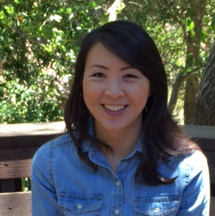
Discovering the joy of teaching while in high school, Jaime pursued her B.A. in English at Santa Clara University. She also received a teaching credential and a M.A. in Education Administration from Santa Clara University. Jaime taught English Language Arts at Rancho Middle School, motivating and inspiring young people to become effective communicators and contributors in their community. From being a Middle School English Language Arts/English Language Development teacher to becoming a stay-at home mom, Jaime is an education consultant who presents literacy workshops. Her workshops focus on a combination of her ten years of teaching expertise with tried-and-true experiences that she uses with her own children. Jaime is also a Teacher Consultant with the San Jose Area Writing Project. Jaime’s mission is to share effective reading and writing strategies with families to encourage literacy.
 Student Learning Goals
Student Learning Goals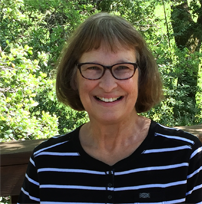
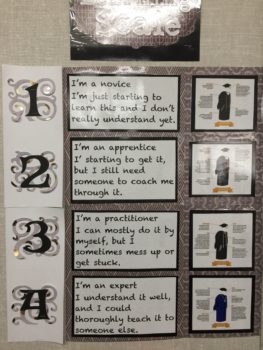 What Does an Engaged Classroom Look Like?
What Does an Engaged Classroom Look Like?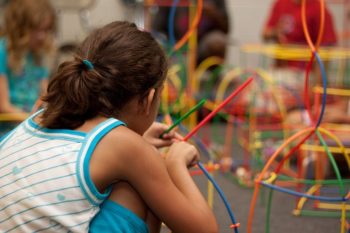
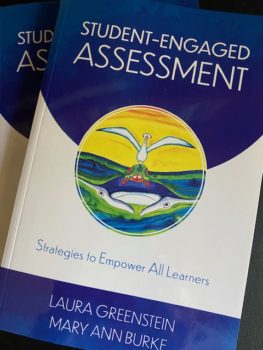 Engagement is at the heart of motivation. This applies to preschoolers playing tee ball as well as to adults in the workplace and teachers in the classroom. When 3rd grader Torrance says he is not interested in playing ball but wants to ride a horse, his father says they can’t afford riding so he has to play ball. As a result, he’s disengaged and wanders around the outfield without purpose.
Engagement is at the heart of motivation. This applies to preschoolers playing tee ball as well as to adults in the workplace and teachers in the classroom. When 3rd grader Torrance says he is not interested in playing ball but wants to ride a horse, his father says they can’t afford riding so he has to play ball. As a result, he’s disengaged and wanders around the outfield without purpose.